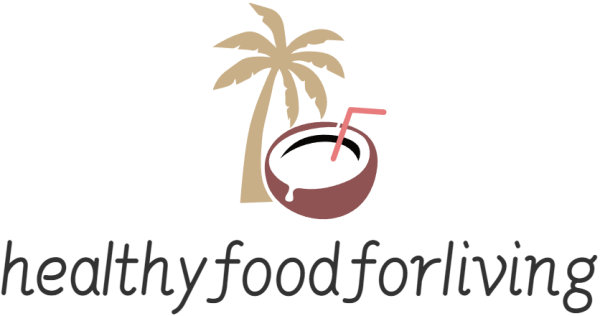In a society where health consciousness is on the rise, dietary supplements have become a ubiquitous part of many people’s daily routines. Marketed for various health benefits—from enhancing energy to boosting the immune system—supplements are often seen as a quick fix for nutritional deficiencies and a pathway to optimal health. However, the necessity and efficacy of these supplements are topics of ongoing debate among health experts. This essay explores the perspectives of medical and nutritional experts on whether supplements are truly necessary for maintaining health or if they are merely a product of effective marketing.
Understanding Dietary Supplements
Dietary supplements encompass a broad range of products including vitamins, minerals, herbs, amino acids, enzymes, and more. They are intended to supplement the diet and fill nutritional gaps but not replace the complexity of nutrients found in whole foods. Supplements come in various forms such as tablets, capsules, powders, and liquids, each promising to deliver nutrients that may be missing from people’s diets.
The Case for Supplements
1. Addressing Nutritional Deficiencies: Experts who advocate for dietary supplements often highlight their role in combating nutritional deficiencies. For populations at risk, such as pregnant women, the elderly, vegans, and those with allergies or specific health conditions that limit nutrient intake, supplements can be vital. For example, vitamin B12 supplements are crucial for vegans and vegetarians since this nutrient is primarily found in animal products. Similarly, folic acid is widely recommended for pregnant women to prevent fetal developmental issues.
2. Enhanced Nutrient Intake: In cases where individuals are unable to meet their nutritional needs through diet alone—due to lifestyle choices, medical conditions, or even the decreased nutrient content in over-farmed soils—supplements serve as a practical means of ensuring adequate nutrient intake. Vitamin D is a common supplement since it’s difficult to obtain sufficient amounts from food and sun exposure alone, especially in northern climates.
3. Support for Specific Health Needs: Certain supplements are targeted to support specific health conditions or life stages. For example, omega-3 fatty acid supplements are often recommended for heart health. Calcium and vitamin D are crucial for maintaining bone health, especially in older adults who are at risk of osteoporosis.
The Case Against Supplements
1. Potential Health Risks: Opponents of routine supplement use caution against the potential health risks, which can include toxicities and interactions with medications. Fat-soluble vitamins such as Vitamins A, D, E, and K can accumulate in the body and pose health risks when consumed in excessive amounts. Moreover, some supplements can interact adversely with prescription medications, either reducing the drug’s efficacy or increasing its side effects.
2. Lack of Regulation: The supplement industry is notorious for its lack of stringent regulation. In many regions, supplements are not held to the same standards as pharmaceuticals, which means they can be marketed without providing substantial evidence of their safety or efficacy. This lack of oversight can lead to discrepancies between what is advertised and the actual content and effectiveness of the products.
3. Over-reliance and Misuse: There is a concern that supplements might encourage an over-reliance at the expense of pursuing healthier dietary and lifestyle changes. Some experts argue that the emphasis on supplements can divert attention from more holistic approaches to health that involve complex dietary patterns and regular physical activity.
Expert Recommendations
Most health experts agree that the best way to obtain nutrients is through a well-balanced diet rich in fruits, vegetables, whole grains, and lean proteins. Supplements should not be the first line of defense against poor dietary habits. Instead, they should be used judiciously to address specific nutritional needs or deficiencies identified by a healthcare provider.
The Role of Personalized Nutrition
In recent years, the field of personalized nutrition has emerged, focusing on individual dietary needs based on genetic profile, age, health status, and specific health goals. In this context, supplements are tailored to individual needs, which could potentially increase their efficacy and safety.







































